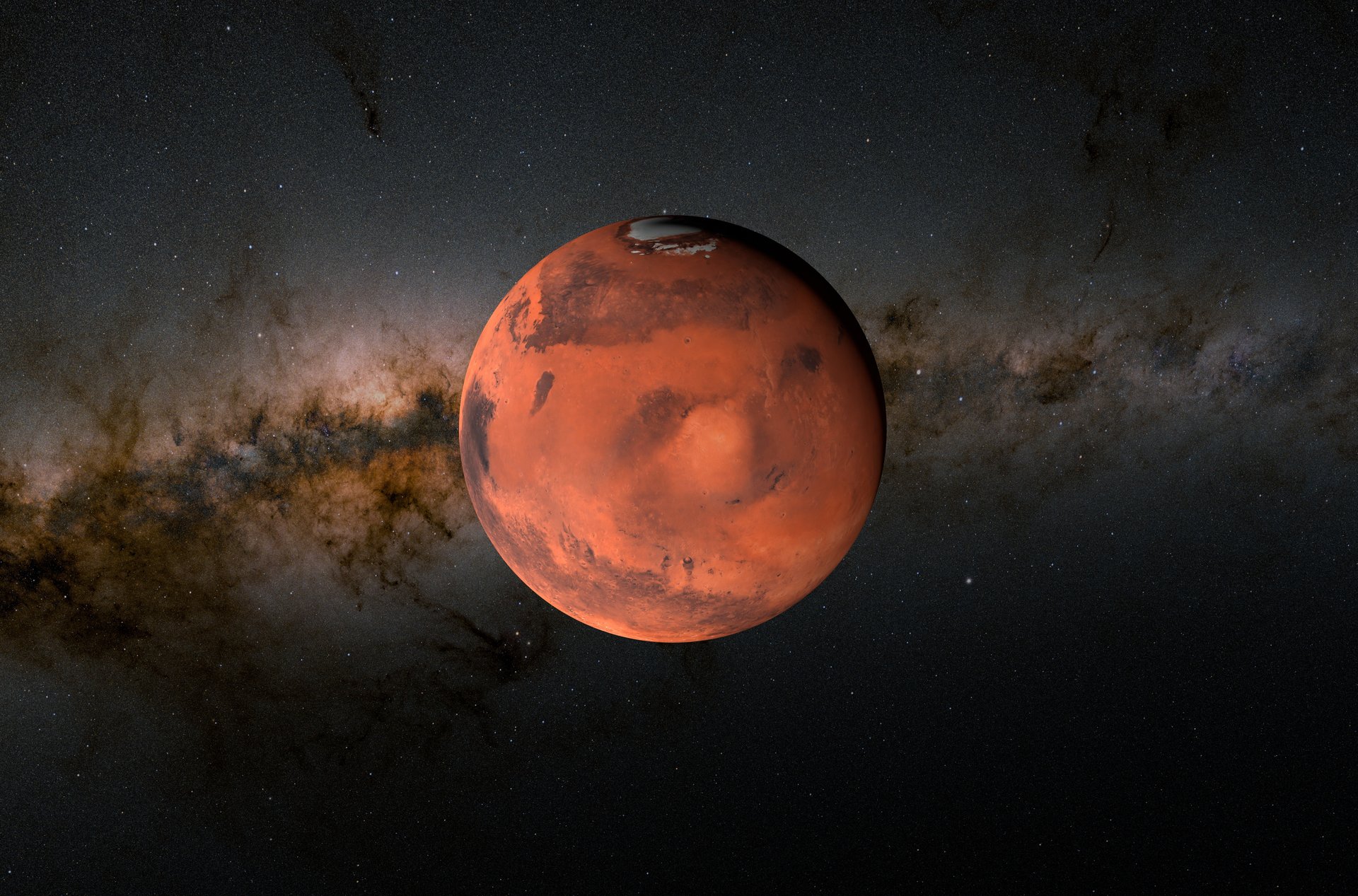Whoops, NASA might have killed life on Mars
A new paper suggests that adding water to Mars to see if it would attract organisms might have been the wrong idea

For decades, scientists have posited that to find life on Mars they first need to find water. And in the absence of water, they have tried to see what happens when they introduce it onto the planet.
Suggested Reading
But a new paper from German astrobiologist Dirk Schulze-Makuch suggests scientists have taken the wrong approach — and might actually be killing life on Mars in the process.
Related Content
Schulze-Makuch published his theory in Nature Astronomy in September in an article titled, “We may be looking for Martian life in the wrong place.”
In it, he challenges the usefulness of adding water to Martian soil and seeing if it attracted life, which was done during the Viking experiments in the 1970s. “Mars is so dry that the introduction of liquid water might be killing life there,” Schulze-Makuch argued, suggesting it might be time to move away from the “follow the water” approach.
Instead, Schulze-Makuch thinks scientists should be focusing on salts. “In hyperarid environments, life can obtain water through salts that draw moisture from the atmosphere,” he writes. “These salts, then, should be a focus of searches for life on Mars.”
“Salts, and organisms with the help of the salts, can pull water directly from the atmosphere,” Schulze-Makuch told Space.com. “Water can remain in a salt longer than expected, which is crucial because it raises the water activity on a microscopic level, making it accessible to microbes.”
The astrobiologist studied life in the Atacama Desert in Chile, the driest nonpolar desert on the planet, as a way to better understand conditions on Mars. “Of course, I can’t say there’s definitely an organism on Mars exploiting these effects,” he explained to Space.com. “But Mars, almost 4 billion years ago, was so much like Earth, with abundant water. As it became drier, moving toward its current desert state, these are the kinds of adaptations I’d expect any remaining life to develop.”
Schulze-Makuch still believes potential life on Mars would require water, but thinks salts are the way forward in the search for life. “Mars and Earth are so much alike, and you have a lot of the same kind of minerals,” he said. “If we expect life on Mars, we would be expecting that dependence on water as well.”
